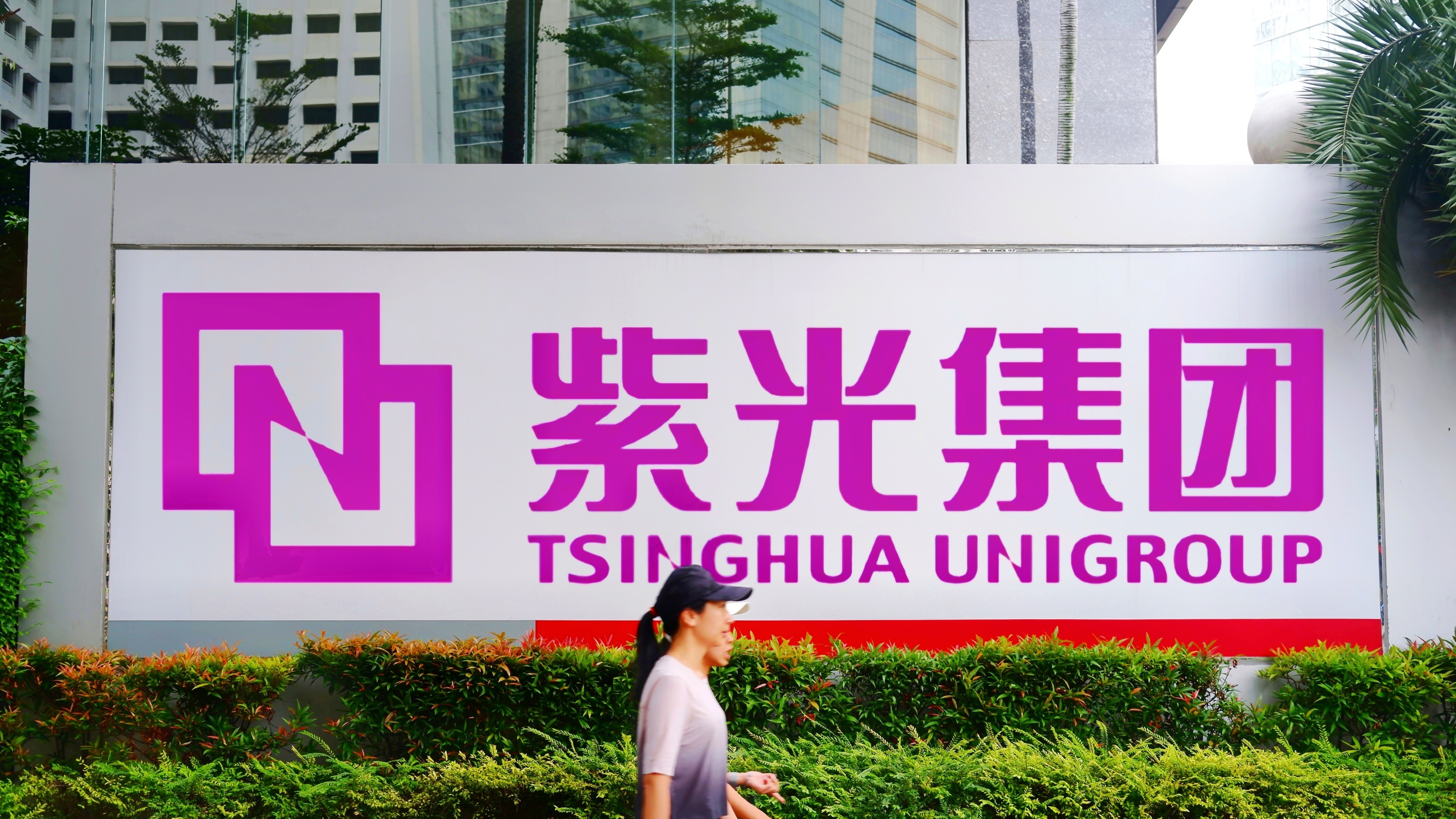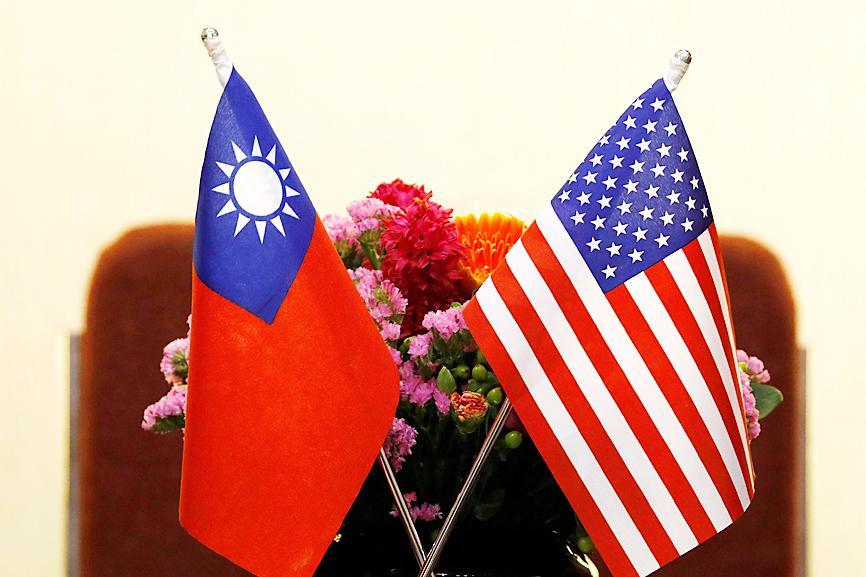Arthur Hanson
Well-known member
First, it would be far cheaper than war for China to buy TSM if allowed, which I doubt the powers that be would allow. War/conflict would be a looser option for all. China would have to pay a hefty premium, but it would be far cheaper than the damage a war would cause. The cheapest option would be for China to develop alternative technologies. War is not even really an option with so many countries dependent on TSM and their manufacturing technologies. It is in the world's interest to get creative and come up with the best options. I am soliciting possible options and outcomes from the Semiwiki readers who are worldwide and might have some creative options and outcomes. War is the last refuge of the incompetent on all sides. What is needed is a creative solution that is win/win rather than lose/lose. Any thoughts and comments sought and welcome. Maybe this is the best place to come up with creative alternatives and solutions. I hope the collective intelligence of the SemiWiki community can come up with solutions or at least less destructive ones than war, that last refuge ot incompetent. If handled right, it could be a huge win for all and just as horrible wrong outcome if handled wrong. This challenge will become even far more important as we go into the quantum chips and level of AI most can't even imagine. I have no doubt the Semiwiki community can offer some real solutions if given careful thought. As Winston Cjhurchill said talk, talk, talk is better than war, war, war.
Last edited:


